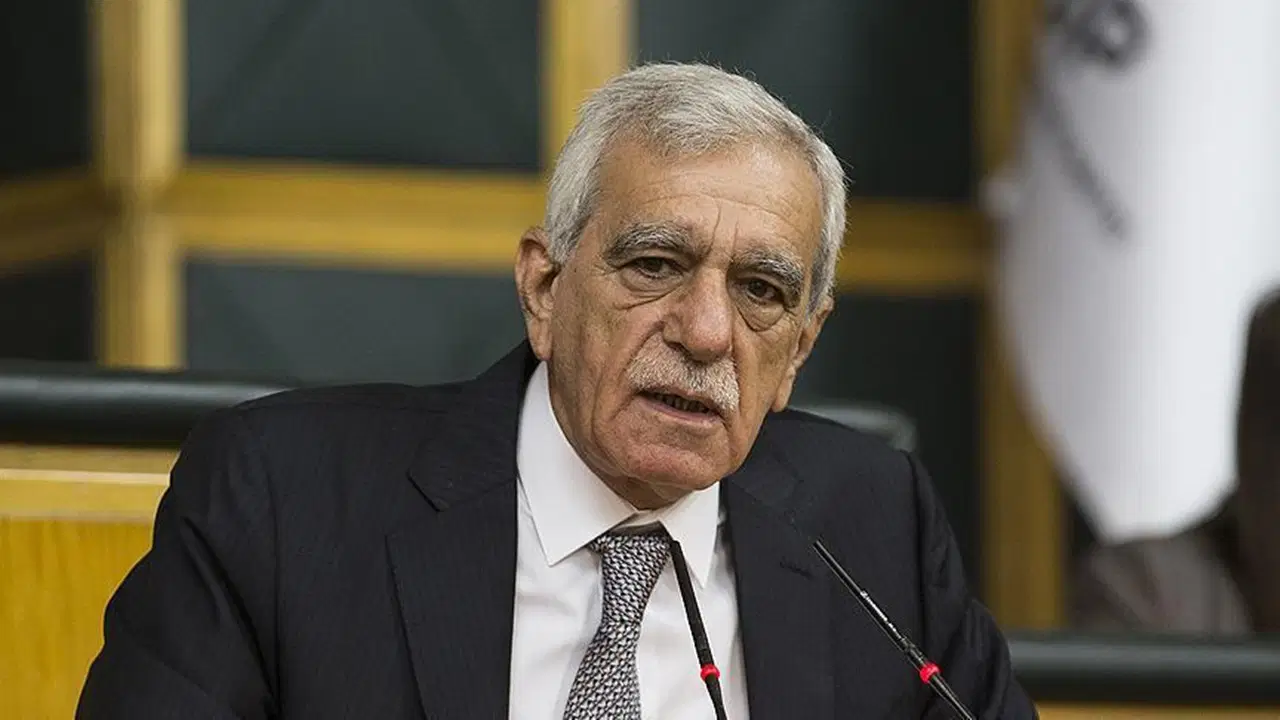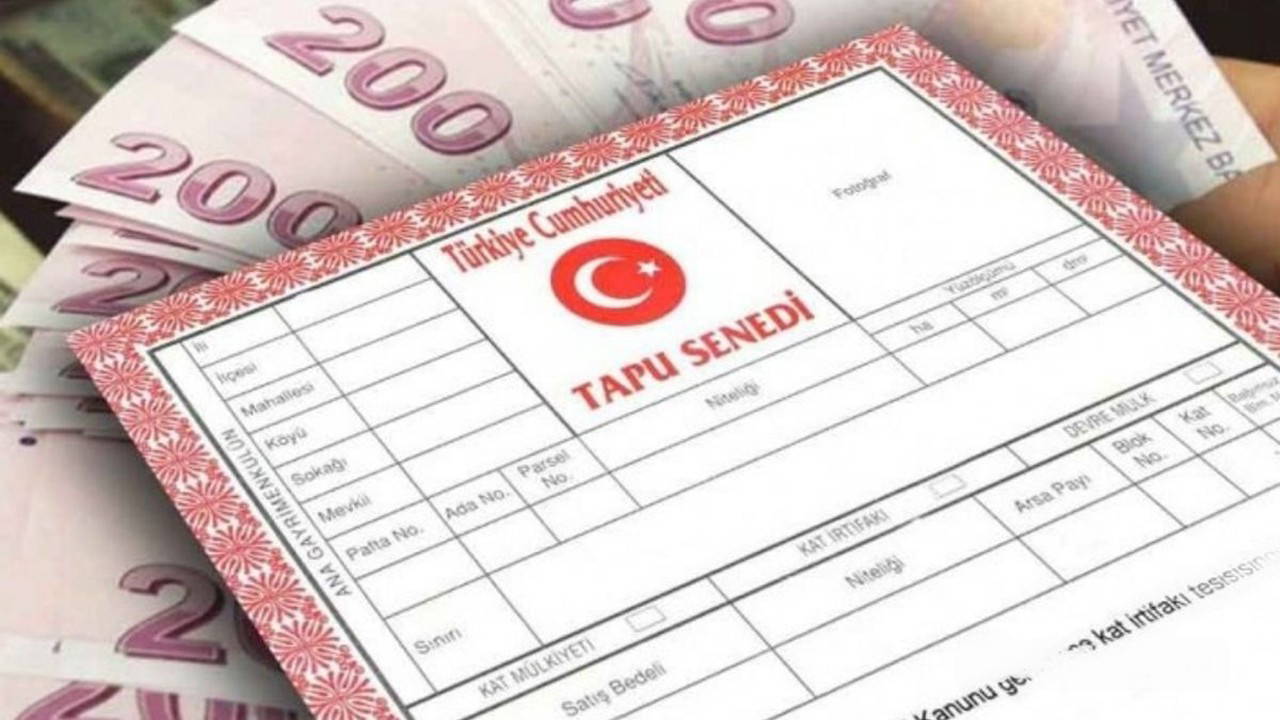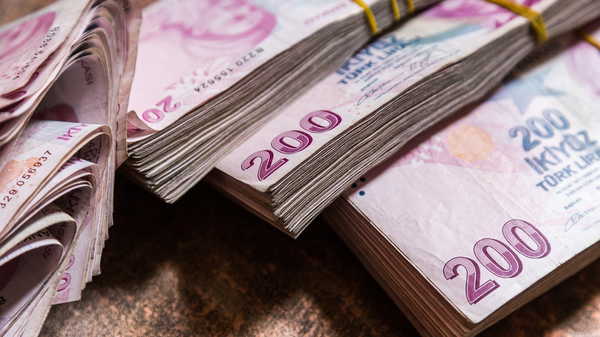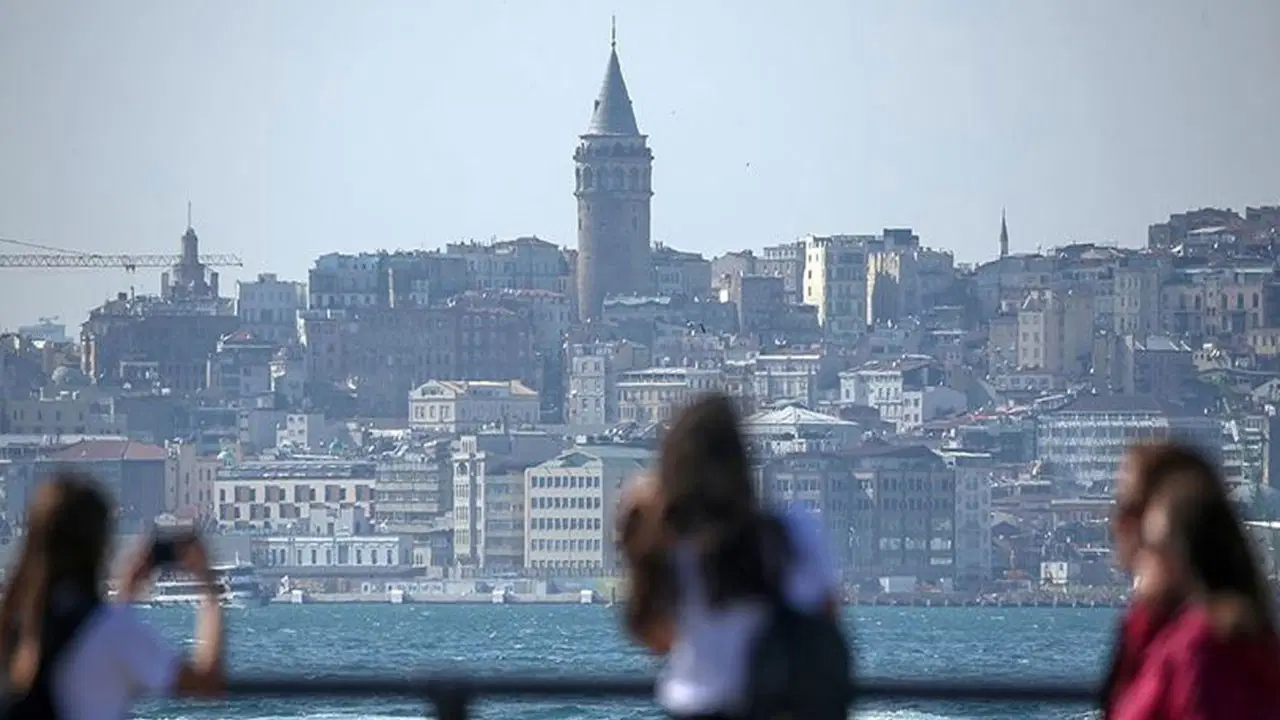Our General Publishing Manager, Murat Sabuncu, Executive Board Chair, Akın Atalay, Book Supplement Manager, Turhan Günay, publishing consultant and columnist, Kadri Gürsel, readers’ representative, Güray Öz, cartoonist, Musa Kart, columnist, Hakan Kara, lawyers, Bülent Utku and Mustafa Kemal Güngör, and manager Önder Çelik have been held in detention for four months under the investigation aimed at silencing our paper conducted by prosecutor Murat İnam, himself a defendant charged with FETO membership. Four months into the investigation, in which news reports and columns are cited as evidence, the indictment has not been drafted. As to individual applications made to the Constitutional Court in December 2016, the court has not even started to consider them.
Within the investigation being conducted by prosecutor Murat İnam, who is on trial for the offence of ‘FETO membership’ at Penal Chamber No 16 of the Court of Cassation in which prison terms of aggravated life once, life once and up to 67 years are sought, our ten columnists and managers are charged with ‘while not being members of the FETÖ/ PDY and PKK/KCK organisations, committing crimes on behalf of the organisations.’ Cited by way of evidence for these charges are five opinion pieces and sixteen news reports. Prosecutions are pending into some of these articles and reports, along with decisions to discontinue the proceedings. The expert’s report, containing abstract assessments, has also been cited as grounds for remand. As it is kept a closely-guarded secret, even though Article 153 of the Code of Criminal Procedure requires it to be shown to counsel, it is not even known who authored it, or if there is even such a report. It was made abundantly clear in the remand order of judge Mustafa Çakar of Istanbul Penal Judgeship of the Peace No 9 that our columnists and managers have been detained on account of their journalistic activities. Nothing but our news reports are cited as grounds for remand. Other Penal Judges of the Peace who have ordered the continuation of remand have lent their signatures to orders which are either copies or cite abstract grounds such as ‘flight risk.’
‘Concrete’ evidence against the prosecutor
Prosecutor İnam is charged in the indictment against him of ‘Attempted coup, espionage, disclosing confidential documents, inventing crimes, violating privacy, destroying crime evidence and forging official documents,’ while being a ‘member of the FETÖ/PDY armed terrorist organisation.’ A 30 May 2015 report by the Counter Terrorism Unit into the defendants among whom İnam numbers is included in the indictment in which it is determined that, ‘There exist signs and indications that they acted in an organised manner within the Parallel State Structure and were connected with the organisation.’ Also asserted in the indictment is that İnam had contacts with people alleged to have connections with the Parallel State Structure. It is stated that historical traffic searches revealed that İnam phoned the person known as K.Ö., who was serving as assistant manager at Istanbul Metropolitan Municipality’s Social Facilities, 123 times, and this person had contacts with specially-authorised prosecutor at the time and Court of Cassation member, Süleyman Pehlivan, who is on remand on FETO charges and whose name came to prominence with the suicide of Lieutenant-Colonel Ali Tatar.
Defence hindered
Our columnists and managers being held on remand at Silivri Prison are able to speak to their counsel and families for one hour a week. The meetings that take place in the company of prison officers are also audibly and visually recorded. Notes taken by lawyers are read by prison management and a photocopy is taken of them. Cited by way of grounds for this restriction on visitation is the Decree with the Force of Law number 667. Under the said Decree with the Force of Law, a different prison regime may be applied to those remanded for offences against state security, the constitutional order and the functioning of this order, national defence and state secrets, and offences that fall under the Law for Combating Terrorism. However, the offences with which both our ten columnists and managers who have been on remand for four months, and our reporter Ahmet Şık who has been remanded for 59 days, are charged do not fall within the offences listed in the Decree with the Force of Law. Objections that have been made against this restriction are still under examination by the ordering judgeship.
ARBITRARY USURPATION OF RIGHTS
In November 2016, when our columnists and managers were remanded, there were 1750 books at Europe’s largest prison of Silivri, amounting to one book per three-person cell. Even if publishing houses have donated books, convicts and remandees may only receive such books once they have undergone examination by prison officers. In fact, the vast majority of requested books remain unobtainable. Prison management supplied four books in response to our paper’s reporter Ahmet Şık’s list requesting nearly 100 books. In addition to breaches of rights such as the restriction on meetings with counsel and the book restriction applied to our columnists and managers who have been remanded for their journalistic activities, a letter ban is also in place. The prison management does not know the reason for this ban, applied with an arbitrary frame of mind, either. Cited as grounds for the ban is a circular sent to the prison by Istanbul Assistant Republic Chief Prosecutor İsmail Uçar. It is stated in the circular that letters and faxes are banned for the duration of the state of emergency for suspects who are on remand under investigations into the crime of attempting a coup and related acts, but the offences of which our paper’s eleven columnists and managers stand charged do not fall within those enumerated. No provision regarding a ban on letters exists in decrees with the force of law issued under the state of emergency, either.
The prison does not know, either
Our paper’s reporter Ahmet Şık also stated that the right to correspond was being restricted in an arbitrary manner in a message that he sent a few days ago via CHP MP Zeynep Altıok. Şık, noting that he wrote a petition to prison management regarding this matter along with our remanded lawyer Bülent Utku, but perfunctory replies were given to this. Şık, saying that applications made to the ordering judgeship went without reply, stated that the information conveyed to them is that letters are not being forwarded pursuant to a ministry circular. Şık notes that in an explanation given orally by the prison administration on Friday 17 February, on the other hand, they were given to understand that there was no circular and the reason was a ban imposed by the Istanbul Terrorism and Organised Crime Investigation Office. Şık, stressing in his message that this ban was not legal, asked which statutory article this ban was based on. Remanded journalist Mahir Kanaat, whom Altıok visited, for his part, said that there was no ban on outgoing letters while the letter they sent to Ahmet Şık in the same prison was not delivered.
MESSAGE FROM SİLİVRİ
We have served our time
Do you think that proceedings will be initiated against us, we will be brought before a court and tried and, if found guilty by the court, we will be sentenced and, if the judgment is also upheld by the appeal or cassation court, it will duly be put into execution, that is we will be put in prison and our sentence will begin to be imposed? If so, you are mistaken. Because you are misinformed. The above procedure is that in countries with the rule of law. The situation is considerably different in our country.
The judgment has long since been passed and we have served our time in the absence of an indictment and without being asked for our defence, without passing through any of these stages, that is, without proceedings having been initiated and without having been brought before a judge and court.
How did this come about?
Let me explain.
After the government proclaimed a state of emergency, it began to issue decrees with the force of law. Through one such decree with the force of law that was promulgated, a new rule was introduced regarding the execution of prison sentences. According to the new execution regime, if you are charged with offences such as bribery, embezzlement, corruption, theft, fraud, threat, blackmail, robbery, establishing or managing a criminal organisation or wounding and you have been sentenced to four years (or less) in prison you are deemed to have served your sentence and the prison term you have been sentenced to is deemed to have been executed without you doing even a single day’s jail time
If the crime that has led to your conviction is a crime that was committed against the state or was a terrorism crime, in this case, if you are handed down a prison term of one and a half years (or less), you will also have served your sentence without spending a single day in jail.
According to the new execution system, taking account of the time we have spent in Silivri Prison, we have been sentenced in advance to two years’ imprisonment and have already served this term. Every further day that we spend in prison will amount to an increase in the term of imprisonment that will have been imposed and served in advance.
This is all fine and well, but, should the day come on which the proceedings are started and we are brought before a court, both the effect and the effectiveness of the decision the court will render will remain limited and it will perhaps be bereft of function. So, if we are acquitted at the end of the trial (and I have no doubt about this), who is to be held to account for this time that has been coercively and unlawfully stolen from our lives, and how?
Who will bear the onus for this irreparable harm and this injustice?
We are not the only ones undergoing this situation, this extrajudicial sentence and this oppression meted out through the judicial mechanism and certain people serving in that entity. There are hundreds if not thousands of people who have suffered similar injustices of even longer duration both before us and today.
They have transformed the judiciary into a public authority that serves the interests of their own system of rule and in line with their wishes. Through duress, threat, political and economic embargoes and imprisonment, they wish to bring the media into line and turn it into a weapon of power that underpins their rule. They have gone a long way down that road. But there are people and entities that remain true to their ideals of democracy, righteousness, legality, justice, journalism and freedom, and that are still resisting and not surrendering. We also have hope. Do not lose sight of all the journalists on the inside whatever views they hold, and not just us. Journalism is not a crime.
AKIN ATALAY
Looking out for the sun at around 3.30 pm
Today four months, i.e. 120 days, i.e. 16 weeks, i.e. 2,280 hours were up. We have been out of our cells for 17 hours of restricted family visits, 17 hours of meetings with our lawyers, a one-hour phone call and a one-hour visit by an MP, making a total of 36 hours. Apart from this, we have been in our cells for every instant. Remanded on aspersions and unjustly, no indictment drafted against us, harshened conditions of detention ...
At first, I thought up a few sentences about this, but then I looked at the state of the country while we have been on remand: deaths, injuries, terrorism, unemployment, expulsion of academics, arson, intimidation... I gave up on speaking about myself and us, or, indeed, felt ashamed at thinking of this. I just want to pass on one experience from inside. On the 97th day we saw the sun, which we had previously not seen, if only in ‘bounced-back’ form, on the window opposite the cell. It was at about 3.30 pm and my cellmates and I looked at the reflection of the sun for a long time. We considered this to be a good omen.
We know that the sun is a hope, not just for us, but for everybody in prison on account of their thoughts. While longing for the days when we will see the sun directly, we suggest to those who miss us that they look at that awesome brightness at around 3.30 pm, in the knowledge that we will also be looking out for the sun.
MURAT SABUNCU















